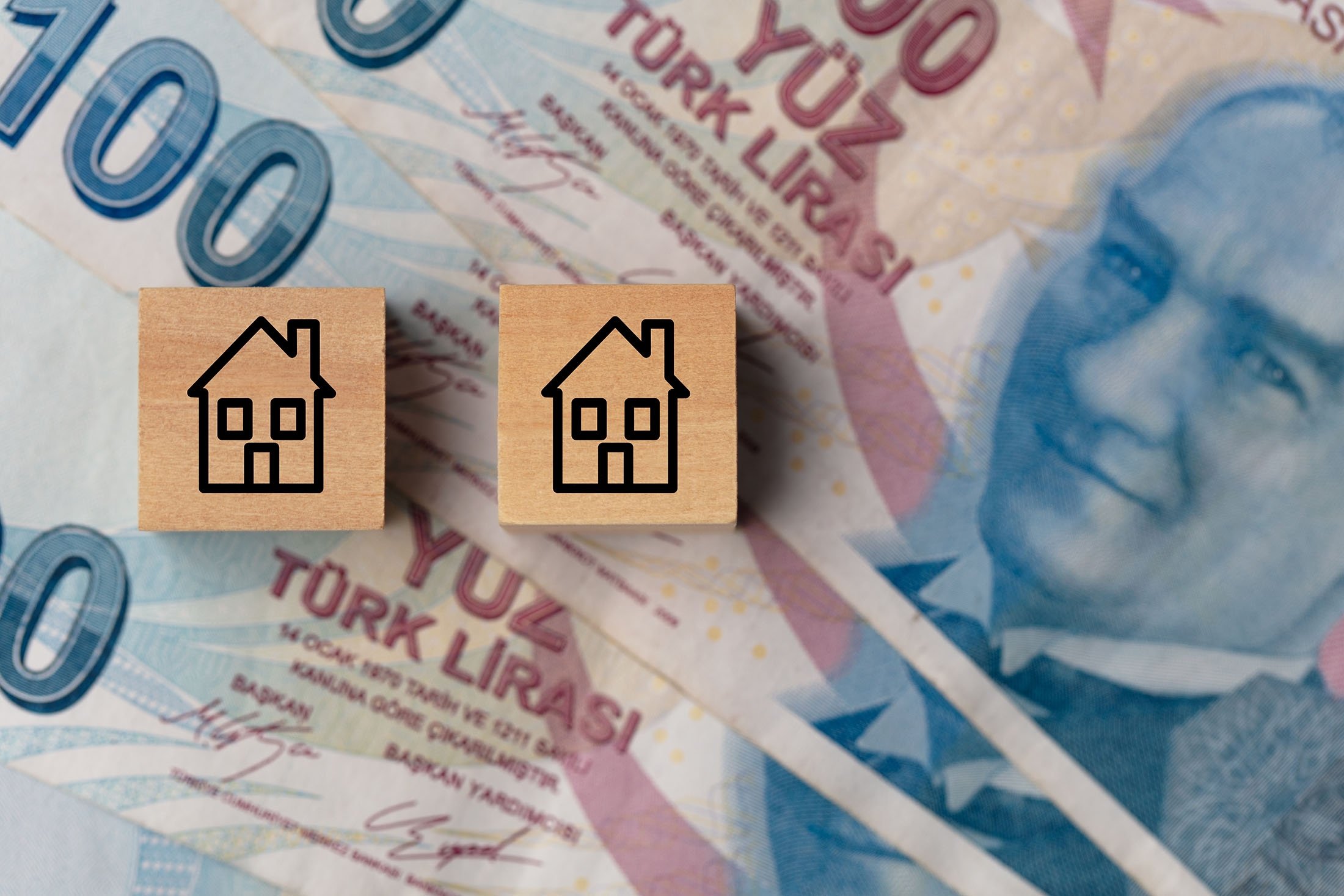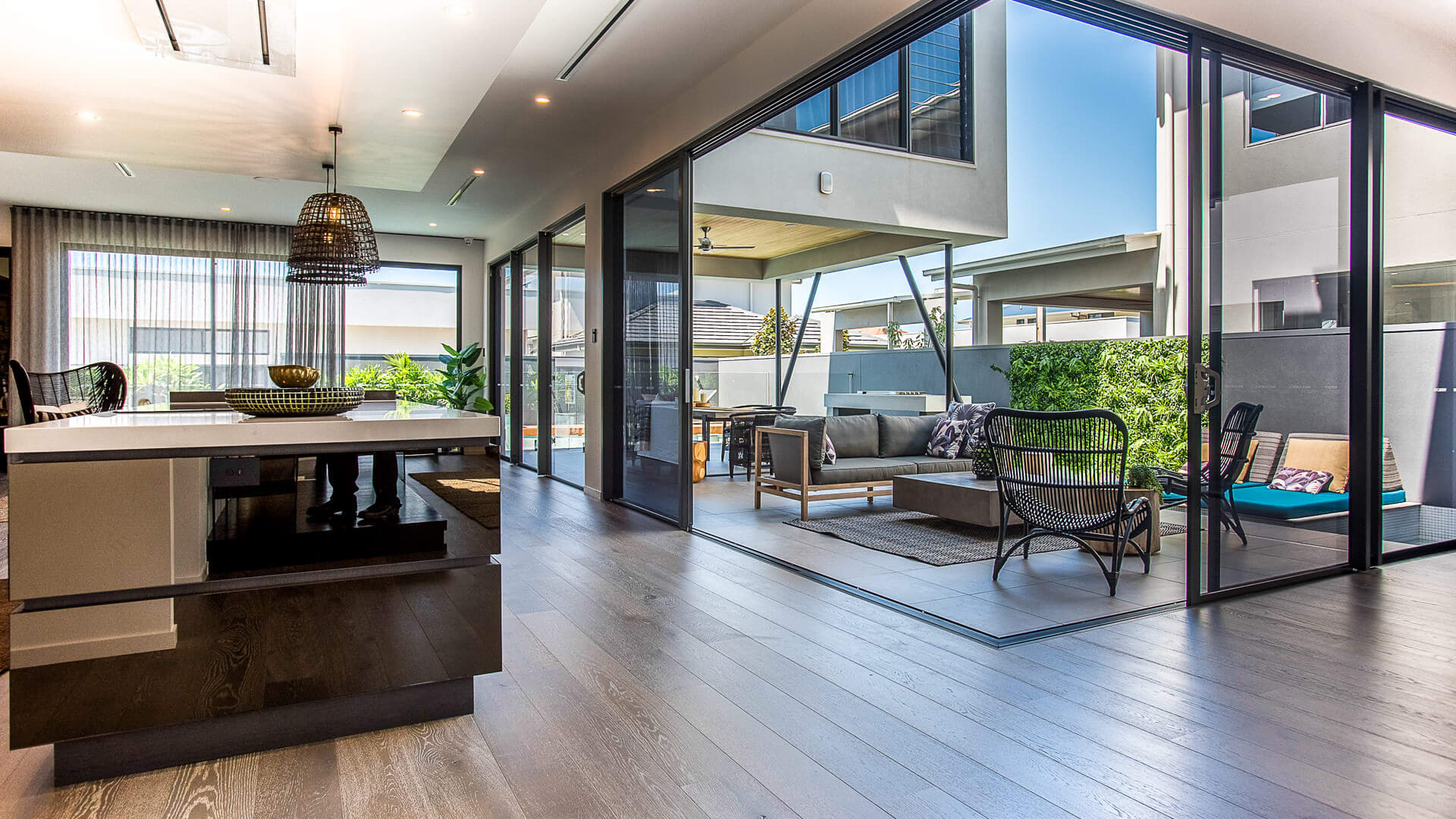
Residential property investment types to strongly consider
The first thing that springs to mind when you think of real estate investment is purchasing a house and renting it out. Although to you it could appear like a very plausible alternative, there are many different kinds of real estate or property investment types.
Today, we’ll be looking at property investment tips, property investment strategies as it concerns the residential market.
The two primary types of property investment are active and passive.
You must invest in active real estate by making financial, time, and labour commitments. Managing residential rental properties and flipping homes are examples of active investing. While more costly and hazardous than passive investments, these property investment options are often more rewarding. You will have a lot of work to perform if you are a buyers agency or property developer. The good news is that you don’t need prior experience to work as a real estate developer.
Passive property investment types are those in real estate that doesn’t need you to directly own or manage a property. Crowdfunding and REITs are examples of passive real estate property investment options. You may invest in real estate using these methods without making a sizable down payment or taking on any property management responsibilities.

Let’s get right in and learn about the finest sorts of property investment options.
Residential property investment
The most common sort of property investment in the system of property development is residential real estate. It belongs to the category of active property investment options, which requires both financial and labor input.
A residential real estate investment is the purchase of a home with the intention of renting it out to a resident. This category includes a broad variety of properties that are offered for sale. You could purchase a house and rent it to a family, or you could rent out individual rooms to different individuals who wish to live together in the same area.
Another option is to purchase a building of flats and rent each one out to a tenant, which might provide a sizable return on investment. Another option is to purchase a house and divide it into two separate flats that may each be leased out on their own. Your decision may be influenced by your financial situation, the homes that are available, and the local real estate market demand.
Property for long-term rentals
A home bought with the intention of renting it to a renter for a protracted length of time is referred to as a long-term rental property. This property might range from a tiny single-family house to a four-unit multifamily building. Rent payments from tenants or a rise in property value if you decide to sell the properties in the future are how you as an investor benefit from these property investment options.
Some real estate investors opt to live on-site while managing a rental home, which is an owner-occupied multifamily property. This is not necessary, however.
Residential building for one family
As property investment types go, single-family detached houses outperform attached or communal housing. In a healthy real estate market, single-family homes do better than other property kinds because:
- They draw in more purchasers because they provide more privacy.
- Attached or shared housing is less expensive to construct and simpler to overbuild, thus its value tends to increase more slowly.
Apartment complexes with several inhabitants and units are more difficult to manage than single-family residences with a single renter. Money is lost due to vacancies. For a few months, check your projected income and costs with no occupancy. In a four-unit apartment complex with the same rentals, one vacant unit still generates 75% of the potential gross income. learn more about Buyer Agencies in Sydney at https://buyersagencyaustralia.com.au/
Adjoining housing
Attaching many dwelling units on a single site reduces housing costs since land prices have increased widely. Shared living is a popular option for real estate investors who don’t want to deal with upkeep and security issues.
Condos are apartment-style homes that are available to individual owners. When purchasing a condo, you also own a piece of the common areas, including the pool, tennis courts, lawns, corridors, and laundry room.
The common facilities and building structures are owned and maintained by the homeowner’s association.
Property investment in condos that were once apartments is not advised. They may have certain unrecognized problems, despite the fact that they are often the most affordable housing alternatives in many rural locations and may have a wonderful urban location. The majority of these converted flats are older buildings with cosmetic improvements (new floors, appliances, landscaping, and paint).
Townhomes – Townhomes are a cross between a single-family house and an airspace-only condo. Townhomes share a roof and walls with condominiums. Since no one lives above you, townhomes are two-story residences with small yards that provide more privacy than condominiums.

To understand what you legally possess, you must study the governing documents prior to purchasing.
As planned unit complexes, and townhomes are organized (PUDs). Each owner enjoys fee simple ownership of the individual lot that includes his or her home plus, often, a small parcel of adjacent property for a patio or balcony. The common area, which is a component of a larger property, is owned proportionally by each owner.
Co-ops – Like apartments and condominiums, co-ops are shared housing. When you purchase a cooperative, you are given a stock certificate that represents your building share, together with use rights to a particular living space under a written occupancy agreement.
Co-op societies are required to approve renovations and rents, unlike condo associations. You may need association clearance to sell your unit in certain co-ops.
In the early years of ownership, apartment complexes offer a positive cash flow (rental revenue minus costs) and strong long-term appreciation potential. You are in charge of maintaining the apartment complex, much like a single-family house.
Apartment buildings are divided up into several units for real estate finance purposes:
- Four or fewer units: Apartment complexes with four or fewer units have superior financing options and conditions since they are regarded as residential real estate.
- Complexes with five units or more are considered commercial property and do not qualify for the special credit conditions that apply to complexes with one to four units.
Even in the early stages of rental ownership, apartment complexes, particularly those with more units, provide a little positive cash flow (unless you live in a premium area where it may take two to four years to break even before taxes).
There are hazards involved with developing and investing in real estate. Knowing the key to control and evaluating risks in property development is essential if you want to be a successful real estate developer.
I’m willing to promise to turn you into a prosperous real estate developer if you are serious about your profession. I provide in-depth material in all of my courses and blogs because of this. Let’s discuss a different kind of residential real estate development.
Holiday rentals
Long-term rental homes and vacation rentals are comparable. You buy a house, generally in a popular tourist destination, and then you let it to visitors for a short period of time (often on a short-term basis). This may be a more time-consuming residential property investment since you or a member of your household will need to regularly oversee the home’s care while no visitors are there.
Most buyers of vacation homes do it for personal use rather than as an investment. It could be advantageous to have a second home.
Mortgage interest, property taxes, insurance, maintenance costs, utilities, and other costs are some examples of second-home expenditures.
The majority of individuals don’t rent out their holiday homes, thus they don’t increase profits for real estate investors. If your second home is in a popular tourist area, you or your property manager may be able to rent it out.
More to read: Demerits of DIY wills online


